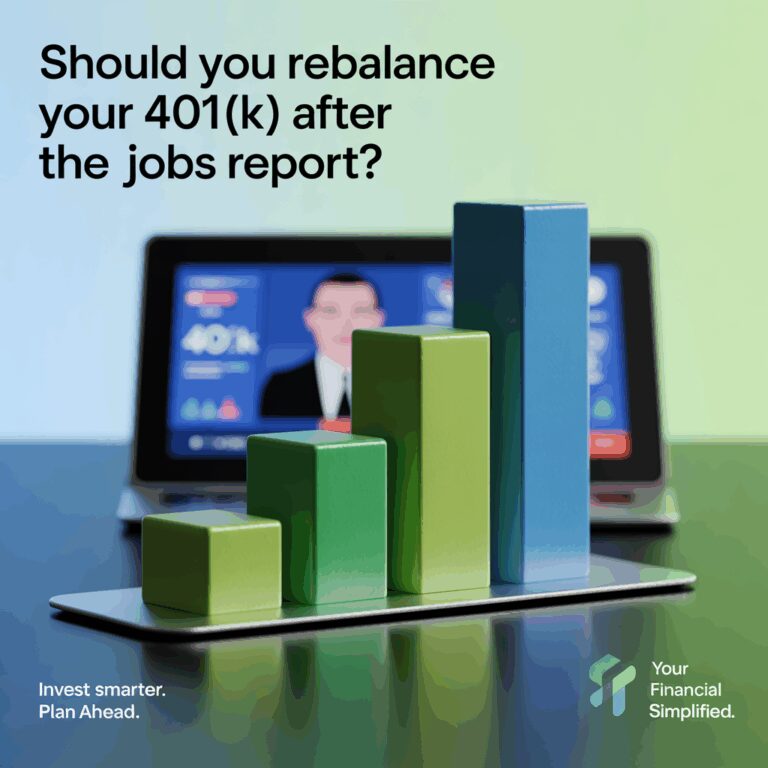Adjust Your Retirement Portfolio After a Weak Jobs Report

A weak jobs report isn’t a recession, remember 33 days in 2020 A weak jobs report isn’t a recession, remember 33 days in 2020. The stat that resets expectations: in March 2020, the S&P 500 fell about 34% in just 33 days and then went on to hit new highs later that same year (2020). That’s your reminder that markets can move a lot faster than the economy, and faster than our nerves, too. I still have the coffee-stained notepad from my desk that month, futures were limit down in the morning and green by lunch. Whiplash city. One month…









